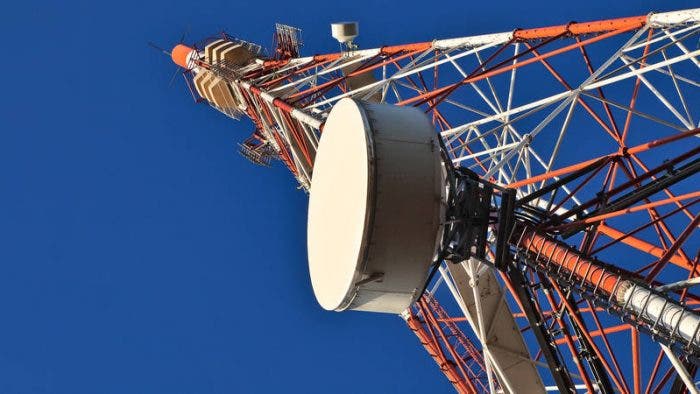Amid pressure from Washinton, the Brazilian authorities have maintained it won’t ban Chinese telecom company Huawei Technologies Co from operating a fifth-generation (5G) mobile telecoms network in Latin America’s largest economy.
The Brazilian Vice President Hamilton Mourao to a number of Journalist on Friday, saying there was no distrust of the Chinese company within the Brazilian government and Brazil needs the telecom technology it has to offer. Mourao in a chat with Huawei’s Chief Executive Ren Zhengfei on a trip to China last month had earlier echoed that the country has no plans to bar Huawei when it launches its 5G network next year.
The Trump administration earlier in May prohibited U.S companies from dealing with foreign entities considered security risk, and although Huawei wasn’t singled out, the commerce department included it in its so-called entity list, severely restricting its access to U.S. components.
Washinton has also been on its close allies to stay away from doing business with the Chinese firm, and so far, Australia and New Zealand have said the company is unfit to take part in building their 5G networks. Japan’s government said last year it will ban government purchases of equipment from the Chinese company. The German and the British Government have yet to take a definite position, though John Suffolk, Huawei Global Cyber Security, and Privacy Officer is expected to appear the British Parliament to answer questions bothering on 5G security.
French cyber security Agency in a statement earlier this week hinted that Huawei Technologies Co. won’t be allowed access to users’ location data even if its equipment is used in the rollout of France’s 5G network, so the Chinese firm’s gear might be used in some areas, but not in areas where key data such as users’ locations and encryption keys are held, the Agency chief Guillaume Poupard said.
Over in Russia, Huawei inked a deal with the country’s top mobile network, MTS to bring 5G technology, the successor to the current 4G LTE, to the country. Testing is expected to start later this year.





